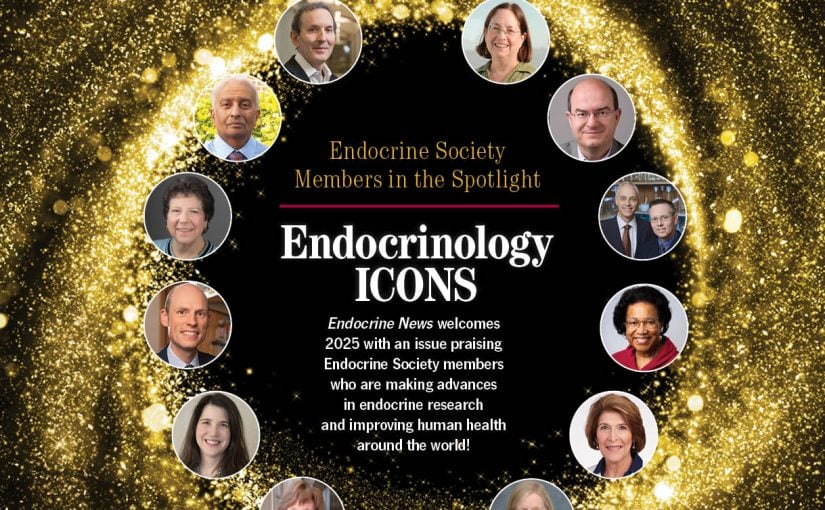As the incidence of diabetes continues to grow, more endocrinologists will be faced with patients who are managing the disease alongside other ailments. Terri D’Arrigo discusses the challenges of treating diabetic patients who are undergoing cancer treatment in “Double Jeopardy,” (p. 24). The article stresses the importance of working with the patient’s oncologist to get a heads up on treatments, dosages, therapy changes, etc. “On a fundamental level, I think we need oncologists to give us a reasonable impression of what the goals of care are and the likelihood of success,” says Robert Sargis, MD, PhD, assistant professor of medicine in endocrinology at the University of Chicago School of Medicine. “It can be very sad and hard, but it’s helpful to us to target therapeutic interventions to the prognosis. If it’s poor, I think we can feel more comfortable liberalizing goals and not burdening the patient with undue expectations.”
In our effort to continually report on new findings as they relate to the burgeoning epidemic of obesity, Kelly Horvath has gone behind the data of some recent studies that affect the youngest among us (“Super-Sized Youth,” p. 14). Diabetes, high blood pressure, and even depression are finding their way into the younger generations. Even more alarming is that one study even shows that these youths are seeing a shortened lifespan due to their weight. While it’s easy to point to a lack of exercise and a diet rich in fat as causes for this trend — and those factors certainly play a role — new studies show that adversity early in life can also be a contributing factor.
Whether a physician is in private practice or working as a hospitalist, among the scores of paperwork he or she might have to contend with is a non-compete agreement. It is essentially the “ground rules” when you take a new job, basically controlling the “whens” and “wheres” if you leave. Kurt Ullman’s “Stuck in the Middle” (p. 26) gives a basic overview of what to expect from these agreements, but, of course, consult a lawyer before signing on the dotted line.
Also in this issue we introduce you to the Endocrine Society’s new president, Richard Santen, MD, (President’s Viewpoint, p. 8), who visited the Society staff in May at our Washington, D.C., headquarters and filled us in on what his goals are for the next nine months. We also have the sad task of saying goodbye to Scott Herman, longtime group managing editor of Endocrinology and the Journal of Endocrinology & Metabolism, who lost his battle with cancer in May (p. 37). He will truly be missed.
Mark A. Newman
Managing Editor, Endocrine News

